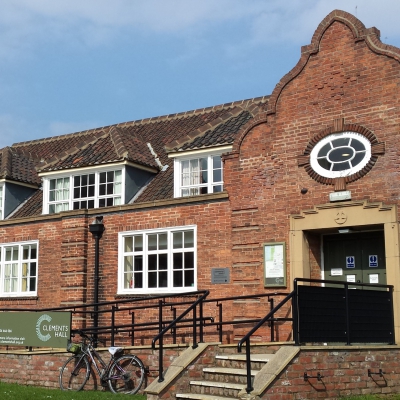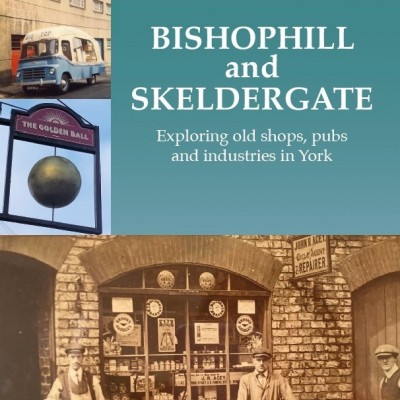



View navigation
Pauline Alden has been researching the role of local women in the First World War, including the story of Betty Stevenson. Betty worked with the YMCA, an organisation playing a tremendous role in supporting soldiers overseas:
By the end of September 1914, 1,500 members of the 5th Cavalry Reserve were sleeping in the Racecourse Grandstand at York, and it was not long before the Knavesmire became a tented village of military personnel. Men were also billeted and accommodated all over the city.
Mrs. Mary Florence Lindberg lost her husband at the beginning of the First World War. As well as working as a VAD nurse locally at Nunthorpe Hall Auxiliary Hospital, she also gave her time to helping at the Stranded Soldiers Club and the Station Rest Van.
Our History Group is always delighted to be contacted by relatives of people in our stories. We were very excited to receive information from the granddaughter of Mary Nelson Heasley, who was a nurse working locally at Nunthorpe Hall Auxiliary Hospital in World War 1.
Dorothy Rose Dodsworth was only eighteen years old at the start of World War One. She and her sisters Kit and Evie Dodsworth came from a privileged background. Their father was Ernest Dodsworth, a prominent York solicitor and onetime Sheriff of York.
It is exactly 100 years since the founding of the Women’s Army Auxiliary Corps (WAAC) in 1917 and Pauline Alden has been researching one of our local women who was a pioneer in the First World War.
These xenophobic times remind us of past anxieties. A popular Punch cartoon in 1914 reflected growing concerns about Germans living in Britain at the time.
Before World War One, the world famous York firm, T E Cooke, had been making scientific instruments and equipment for the military, including rangefinders and surveying equipment. They opened a new factory in Bishophill in York in 1915 and took on women to help with production.
Meredith Andrea reviews a fascinating exhibition about the First World War at the Leeds Industrial Museum, Armley Mills, Leeds.
One of the noteworthy buildings in our area during World War One was Nunthorpe Hall. This was in the area now built over as Coggan Close, between Albemarle Road and Philadelphia Terrace. The Hall was demolished in 1977.